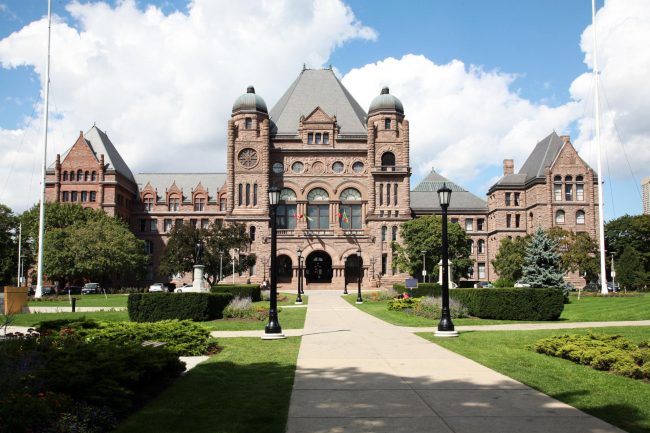Transparency in Canadian Housing under the Housing Partnership Framework
Authors: Jennifer Wallner & Robert Breen – Housing in Canada is increasingly unaffordable. Between 2000 and 2019, the percentage increase of housing prices was approximately three times higher than the percentage increase of median nominal income (Zhu et al., 2023). Furthermore, between 2020 and 2022, housing prices rose by 30% (August 2022). While improvements are anticipated, the affordability crisis is detrimental for Canadians (CMHC, 2025a).









